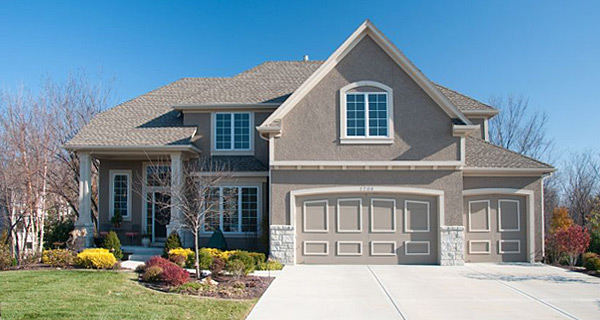April 9, 2015
 Many potential FHA borrowers want to know more about the ins and outs of mortgage loan interest rates. When it comes to FHA mortgages, it’s easy to misunderstand the relationship between a participating FHA lender and the FHA itself.
Many potential FHA borrowers want to know more about the ins and outs of mortgage loan interest rates. When it comes to FHA mortgages, it’s easy to misunderstand the relationship between a participating FHA lender and the FHA itself.
For example, some assume that the FHA sets and/or regulates mortgage loan rates (it does not). So if the FHA does not set or regulate the interest rates on an FHA mortgage or refinance loan, who does?
The short answer is that the lender sets the rates. The FHA loan rule book only requires that lenders set rates that are “reasonable and customary” based on similar loans. But market forces that affect other types of mortgage interest rates also affect FHA rates.
The borrower and lender negotiate the FHA loan rate based on current market conditions, the borrower’s FICO scores and other financial qualifications, and lender standards.
The borrower and lender can agree to lock in a specific interest rate for a limited amount of time. According to HUD 4155.1, Chapter One, the minimum interest rate lock time is 15 days. Furthermore, “Lenders are permitted to charge a commitment fee to guarantee, in writing, the interest rate and any discount points for a specific period of time, or to limit the extent to which the interest rate or discount points may change.”
The “discount points” referenced above refer to a borrower choosing to pre-pay to get a reduced interest rate for a specified amount of time over the lifetime of the mortgage loan.
FHA loan rules say that once the borrower and lender have locked in an interest rate, the loan may close, “in less than 15 days at the convenience of the borrower, and the lender may still earn the lock-in fees. Lenders must honor all such commitments.”
Discuss your interest rate options with your loan officer to get a better idea of what your options might be depending on how close to a commitment you are on a home loan.
Do you have questions about FHA home loans? Ask us in the comments section.

